Before the arrival of my son, I read a grotesque amount of literature on breastfeeding. I was seriously obsessed. I was determined to succeed, so I thought the best thing to do was to read everything I could get my hands on. I found that much of what I read reiterated the same things over and over, but it didn't deter me.
Read more ¿Qué más?: 10 Alphabet games perfect for kids
I was excited when we got off to a good start in the hospital, but a couple of days after we had been discharged, I learned that my son was dehydrated and had lost too much weight. We had to supplement with formula for about three days–I was devastated. The reason was one–despite all my research–I hadn't anticipated. And over the course of the last eight months, I've learned several more things about breastfeeding that no one told me beforehand. Here they are:
Image via Thinkstock
Your milk can take up to a week to come in

Most moms that are planning to nurse are aware that milk takes three or four days to come in and that prior to that, babies drink colostrum. What isn't well-known is the fact that for some women this process can take up to a week. Hence the aforementioned dehydration–my milk didn't come in until five days postpartum.
Nursing is a time suck

Newborns need to eat every two to three hours from the start of one feed, to the start of the next, so every new mom will be consumed with feeding her baby, nursing or not. But if you're nursing, each feeding could take up to an hour, which pretty much means that all you'll be doing the first few weeks of your baby's life is nursing, putting the baby to sleep and feeding yourself. The length of each session decreases as your baby gets older. In the meantime make sure you have a few good books, magazines, movies, and television shows at the ready.
Use nipple cream even if you're not sore
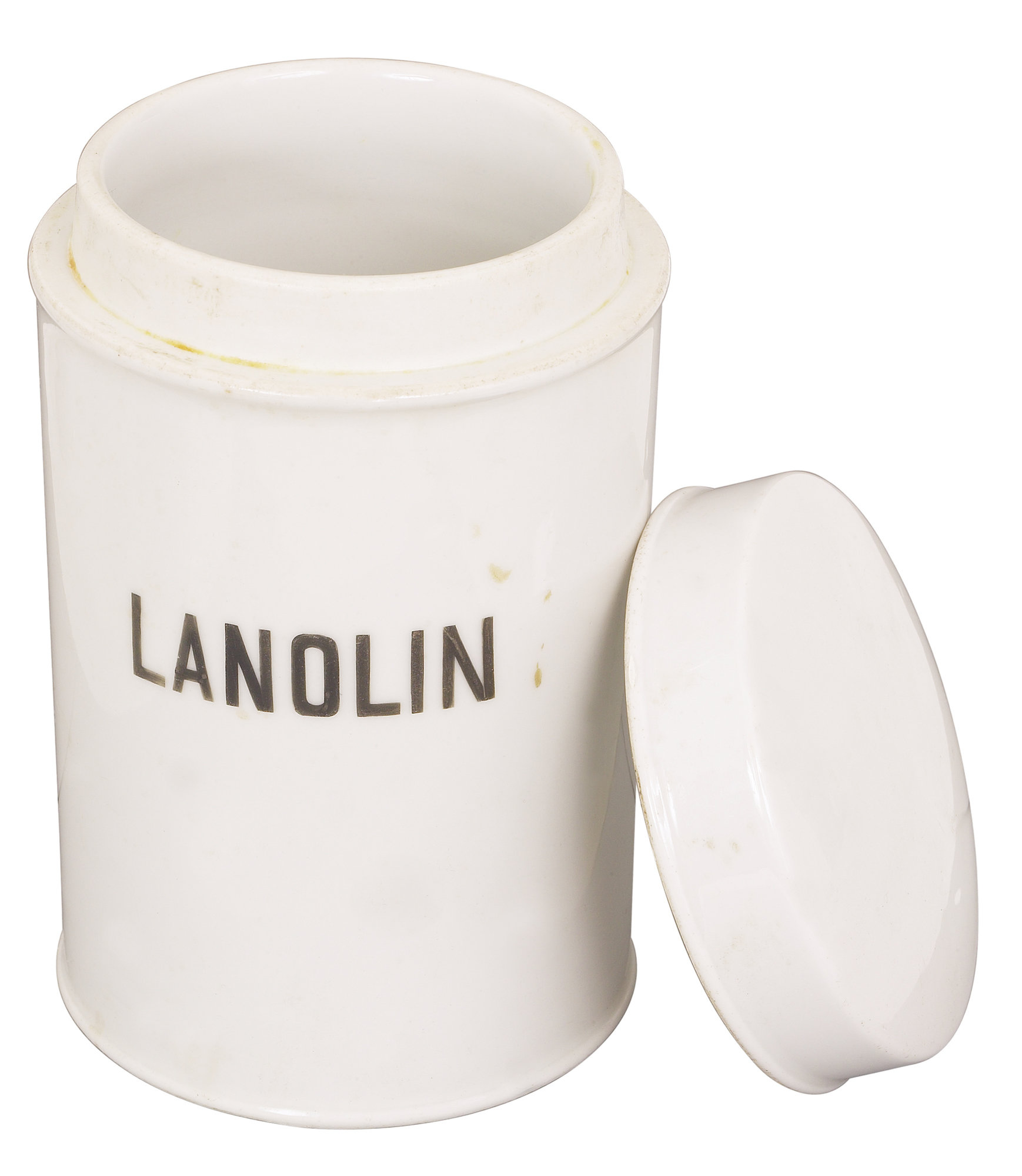
The second my nipples started to feel the slightest bit less comfortable than normal, I requested a tube of lanolin from the nurses at the hospital. I proceeded to use it diligently after each feeding and I have yet to experience any chapping, cracking, bleeding or severe soreness. I know longer use it regularly, but whenever I feel any discomfort, I go right back to it. From my experience, you can in fact prevent these issues, as long as you've ensured that your baby has a good latch. Use the lanolin.
Wear a bra or nursing tank

I had read a bunch of pro-breastfeeding literature that suggested going topless as much as possible, so I pretty much spent the first 24 hours post-delivery that way, but when I mentioned to a nurse that I was starting to get an odd sensation in my breasts, she told me to put on a bra or nursing tank. The pressure I felt was gone almost instantly. Apparently, your boobies actually need some support while they are working so hard to produce colostrum, and later on, milk.
It's okay to supplement
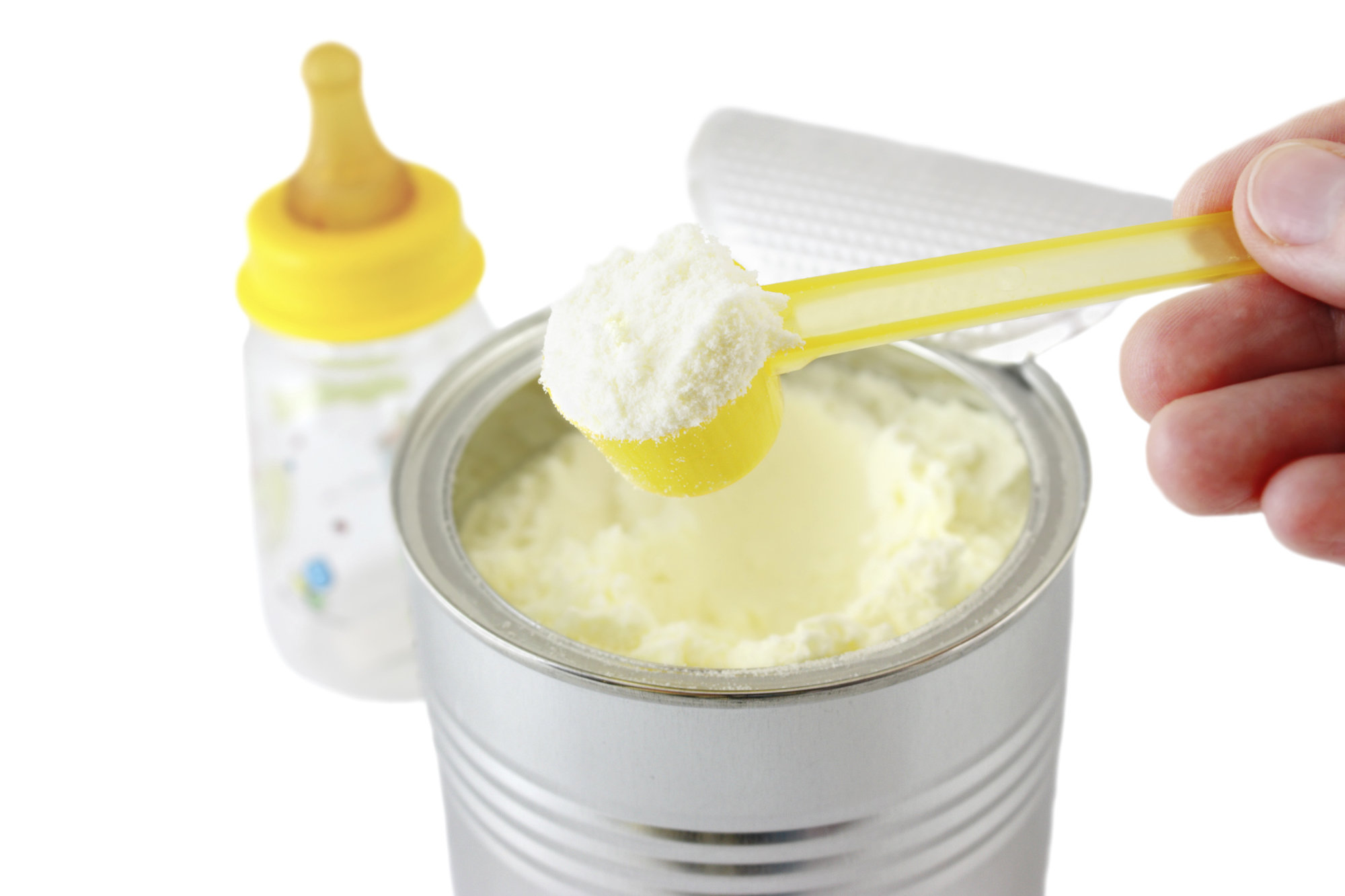
I know there are studies stating that even a few drops of formula can increase your child's risk of allergies, asthma, and a slew of other ailments, but the bottom line is that your baby needs a full belly to grow and flourish. In the end, formula may not be the top choice, but it's a better choice than going hungry. Don't be hard on yourself if you end up in this situation and remember that millions of babies are formula fed and do just brilliantly.
Breastfeeding is not a one-size-fits-all experience

You could ask 100 women what they think about breastfeeding and you'll hear of as many different experiences. Some women love it and never have any problems; some women have tons of issues and love it; others hate it but do it anyway and of course; and of couse some choose not to do it at all. All are perfectly okay. We are talking about a very physical and personal experience, and we are all entitled to feel how ever we feel about it–guilt-free.
When to wean is your choice
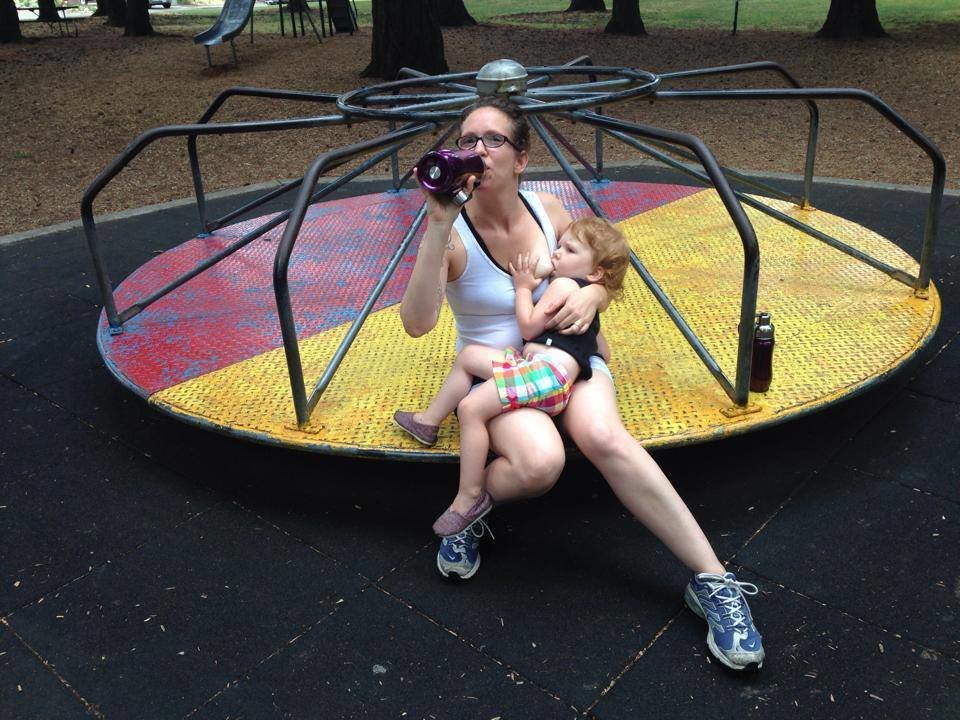
Whether you nurse for two weeks or two years, it's up to you when to wean. Every drop of breast milk is beneficial to your baby, so no matter when you decide to throw in the towel, you should know that your efforts made a difference for your child. As a matter of fact, if nursing is causing you a lot of stress and anxiety, it might just be better to make the switch to formula–after all, a happy and relaxed mom is probably even better for baby than breast milk.
You can still bottle feed
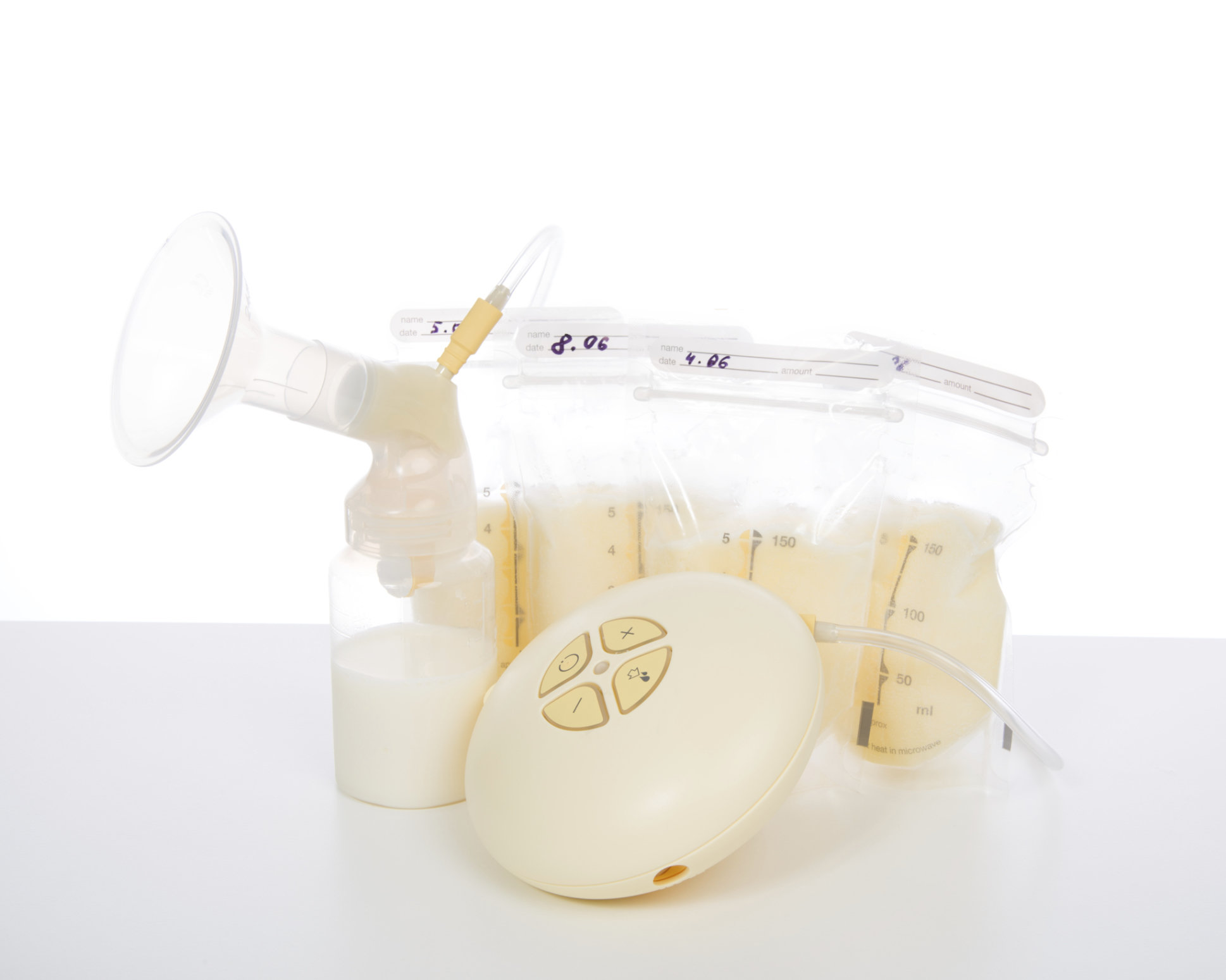
Many moms choose to exclusively pump breast milk. Whether it's because you're simply uncomfortable with actually nursing, your baby has latch issues, the pump saves you time, or any other reason, there's no shame in pumping for all of your baby's meals. Breastmilk direct from the source or served from a bottle, are the exact same thing, with the exact some benefits.
You can cover up...or not
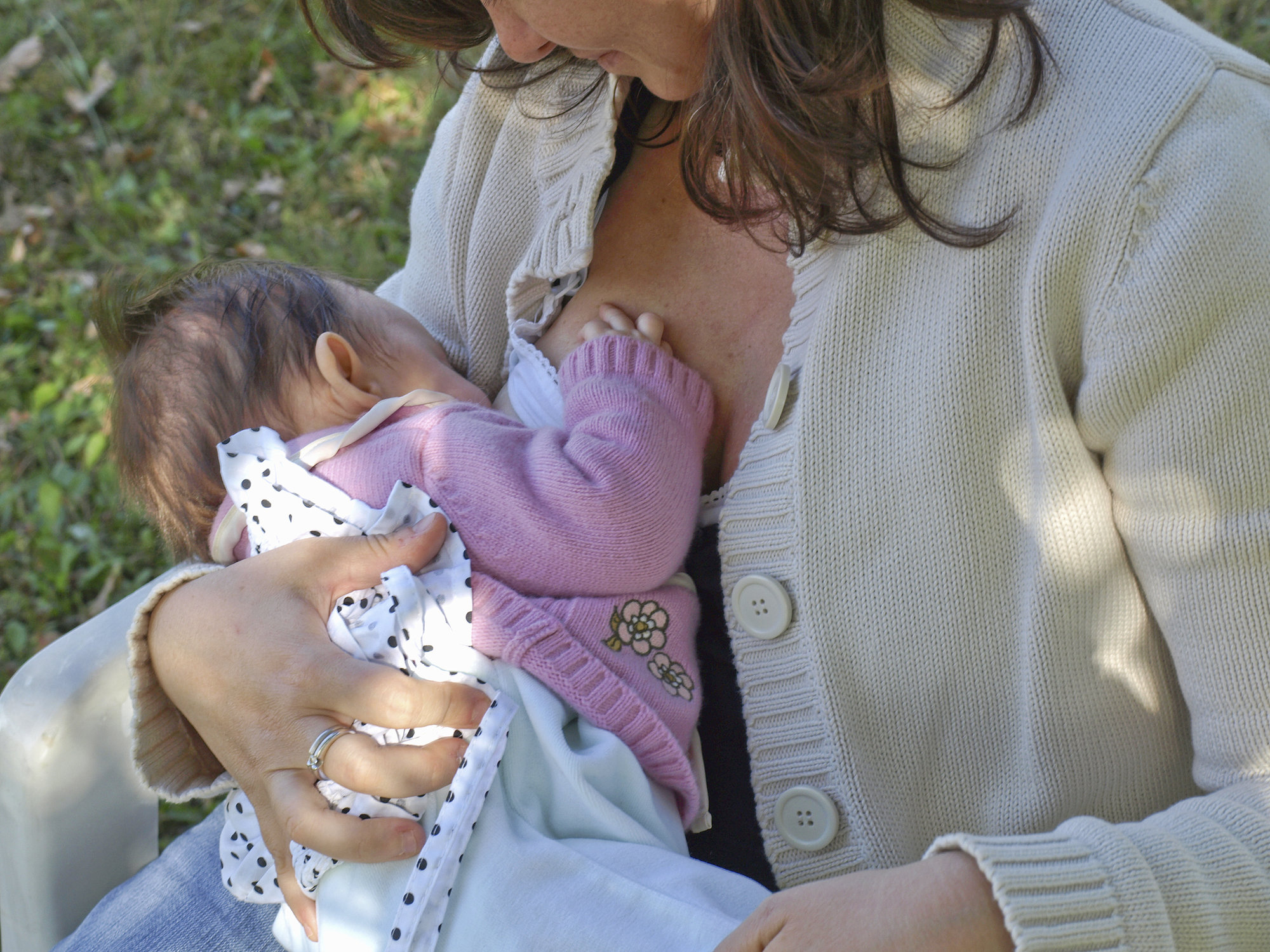
Either way, you won't be showing much skin. To be honest, most babies weary of the nursing cover by five or six months. But that doesn't mean you have to stop nursing in public. You are well within your rights to nurse in public sans cover. It's not like you want your boob to be exposed to the masses, so chances are you'll be discreet instinctively. Layering your shirts and wearing scarves are also great ways to keep things under wraps.
You'll miss it when it's over
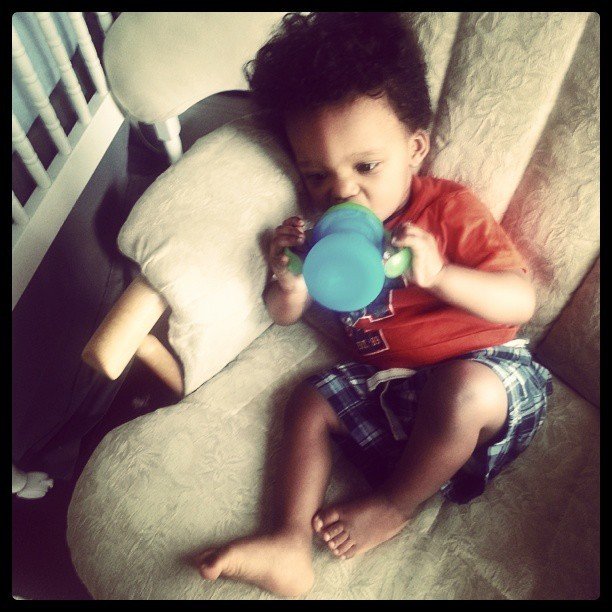
I was ready, he was ready, but the first morning my son woke up to a sippy cup of whole milk and not the breast, I cried. No matter how or when you choose to wean, it will be bittersweet, because you will never get back that special time of quiet cuddles and caresses that you had while you bonded with and nourished your baby.




